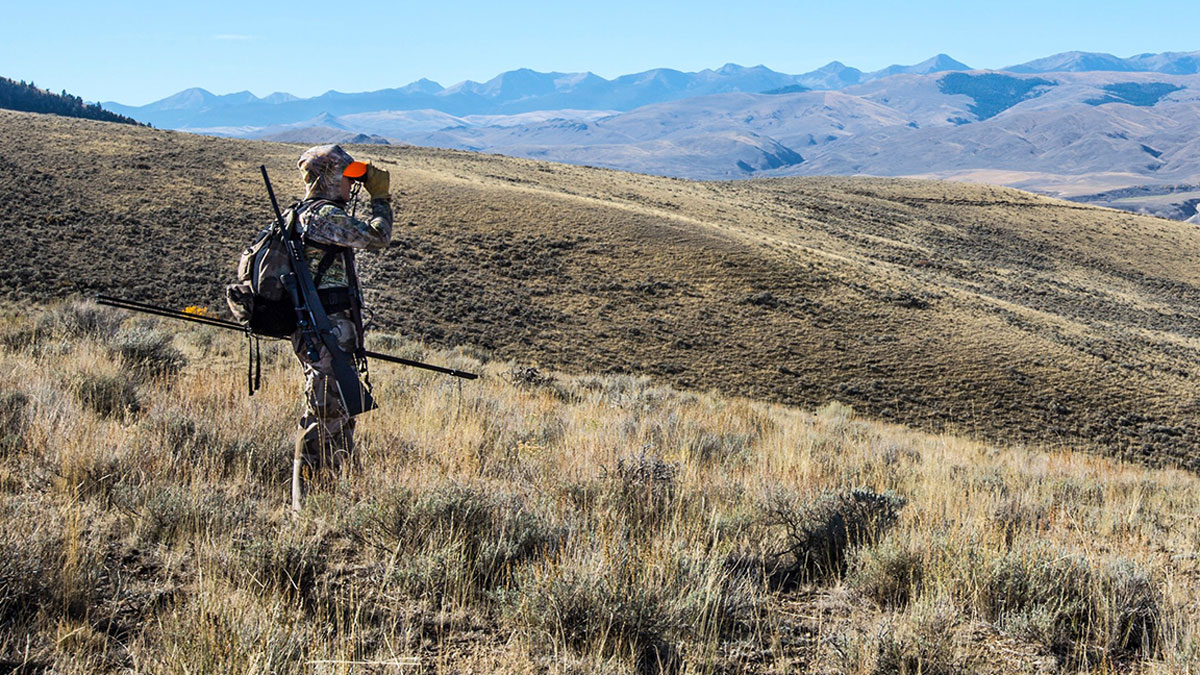A new report by the National Shooting Sports Foundation (NSSF) shows the total economic impact of the firearm and ammunition industry in the United States increased from $19.1 billion in 2008 to $70.52 billion in 2021, a 269 percent increase.
According to an NSSF news release, Pittman-Robertson Act (P-R) excise taxes that support wildlife conservation on guns and ammo over that same time period increased by 214 percent. In 2021 alone, the $1.1 billion generated by hunters and recreational shooters was an all-time, single-year record. P-R places an 11 percent excise tax on guns, ammunition and archery equipment. Those funds are distributed by the U.S. Fish and Wildlife Service to all 50 states and U.S. territories for conservation and recreation projects.
To date, P-R generated more than $15.2 billion. That funding, combined with hunting and fishing licenses and fees, provides 60 percent of annual funding for the budgets of state fish and wildlife agencies, which are tasked with wildlife management.
Additionally, sportsmen and women donate $440 million a year to organizations like the Rocky Mountain Elk Foundation, which carry out meaningful land and wildlife conservation work.
The NSSF report also indicates the total number of full-time equivalent jobs rose from 2008-2021 rose from approximately 166,000 to more than 375,819, a 126 percent increase in that period.
On a year-over-year basis, the industry’s economic impact rose from $63.5 billion in 2020, to $70.52 billion. Total jobs increased by over 33,000 in the same period, from 342,330 to 375,819.
(Photo credit: Idaho Department of Fish and Game)
